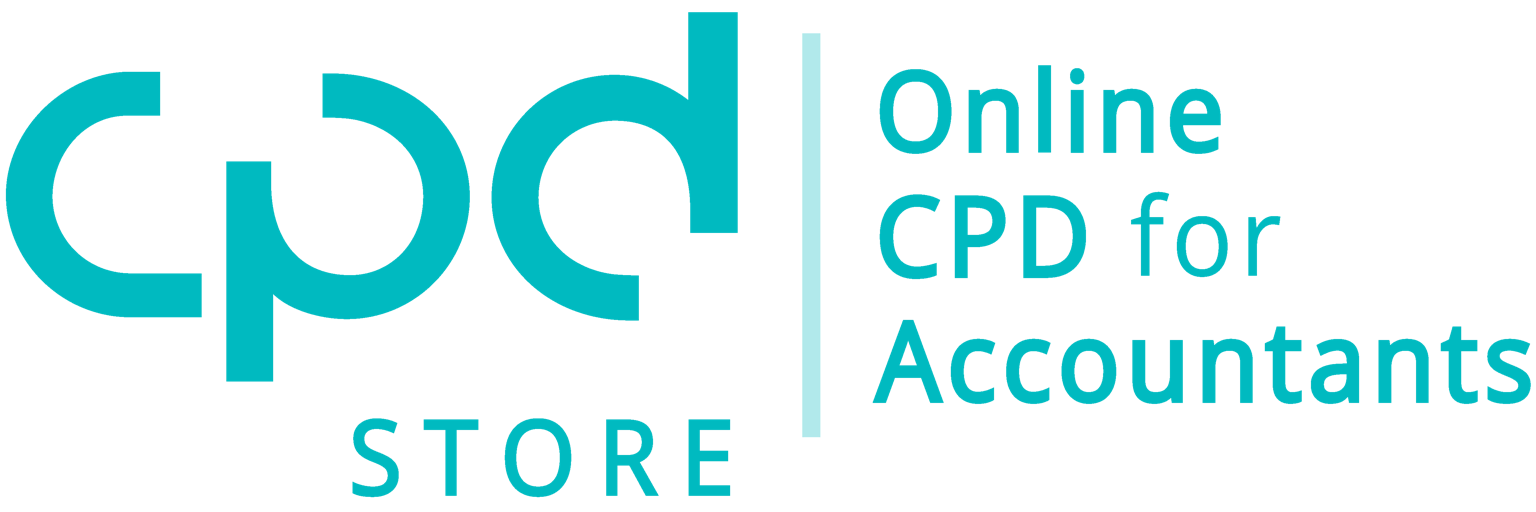Refresher AML In-House Training
Live and Interactive Refresher AML In-House Training - Delivered by Elaine Jackson from the OmniPro's Practice Support Team
An upcoming review of your audit-exempt files by the institute can be stressful, but it also presents an excellent opportunity to showcase your commitment to exceptional client service.
This article outlines key aspects to prepare for the review of your audit-exempt files, focusing on areas that demonstrate strong client service and robust financial statements.
Here’s What You Need to Do to Prepare
- Get ahead with the pre-visit documentation checklist provided by the institute. Ensure your documents are up-to-date and readily available.
- Engage in an opening meeting to review your client list and justify any changes or removals.
- Present specific client files for review and welcome constructive feedback to enhance your documentation.
Steps to Excel in Preparing Audit-Exempt Files
- Follow the institute's guidance documents for best practices in accounts preparation for audit-exempt clients.
- Ensure your financial statements align with the Companies Act 2014 and applicable financial reporting standards. The financial statements are really the highlight for a non-audit file.
- Organise your files meticulously with lead sheets linking financial statements to documented work, especially on significant items.
Additional Advice
- Consider ethical considerations such as professional competence, integrity, and objectivity for effective client service.
- Understand (and document) your client's business thoroughly, including activities, key personnel, and the financial reporting framework.
- Renew engagement letters every three years for non-audit clients to delineate responsibilities.
- Directors hold ultimate responsibility for financial statements, but your guidance and documentation are key, especially for areas such as significant judgments or estimates.
- Address accountants' reports to directors, outline engagement terms clearly and disclose any material departures from the framework chosen.
- Maintain supporting documentation on material figures, tying figures from the financial statements to supporting schedules based on your client's unique situation.
- Obtain management representation letters to document management’s responsibility and the information that they have provided throughout the engagement.
By following these guidelines, you can ensure a smooth and successful review process. Remember, our team understands the expectations of the institute and can guide you through the preparation. Don't hesitate to reach out to our Practice Support team with any questions – we're here to support you and minimise the stress!
The contents of this article are meant as a guide only and are not a substitute for professional advice. The author/s accept no responsibility for any action taken, or refrained from, as a result of the material contained in this document. Specific advice should be obtained before acting or refraining from acting, in connection with the matters dealt with in this article.
